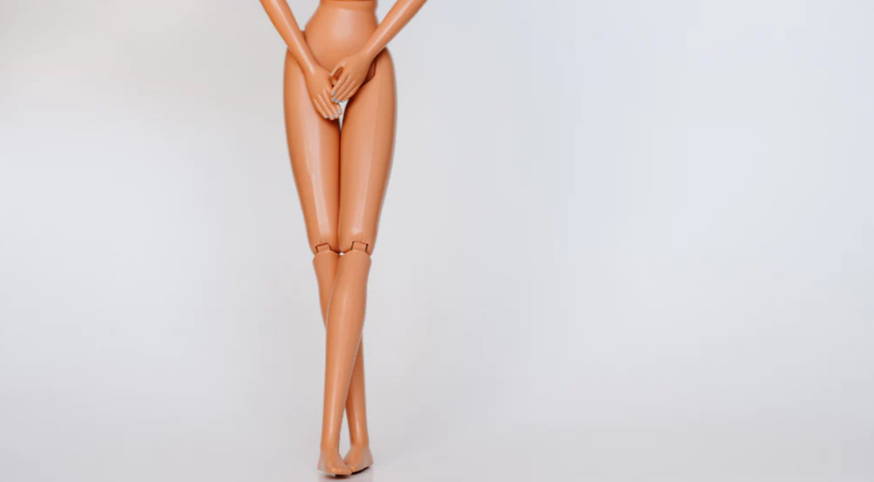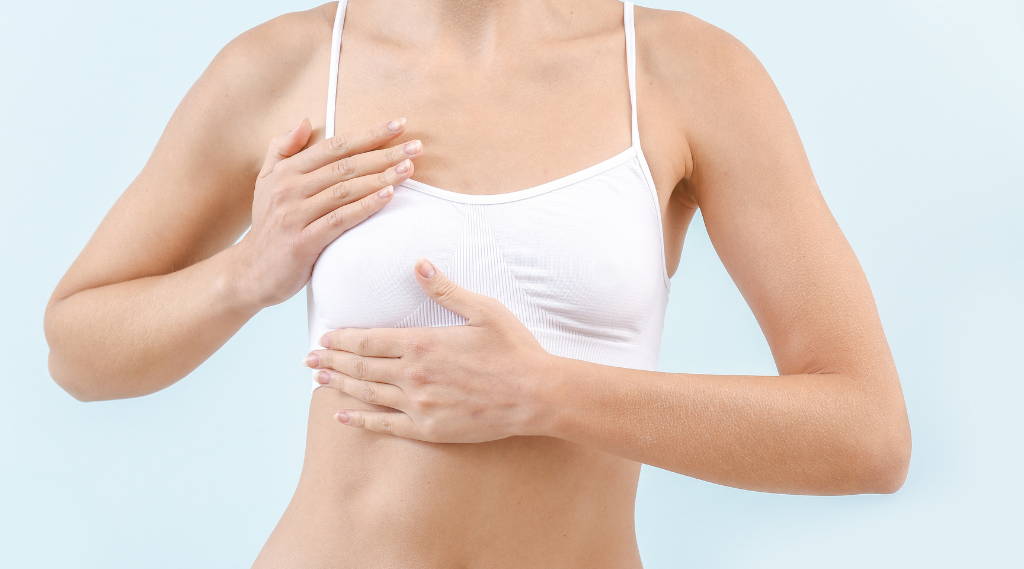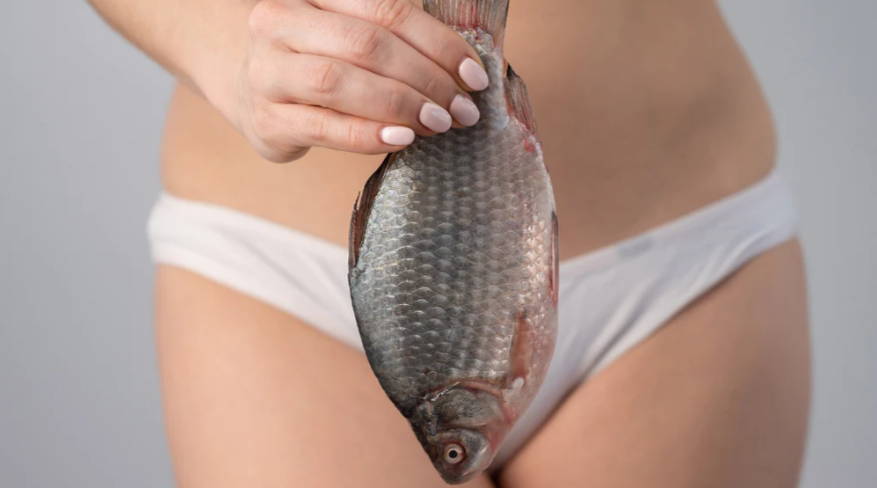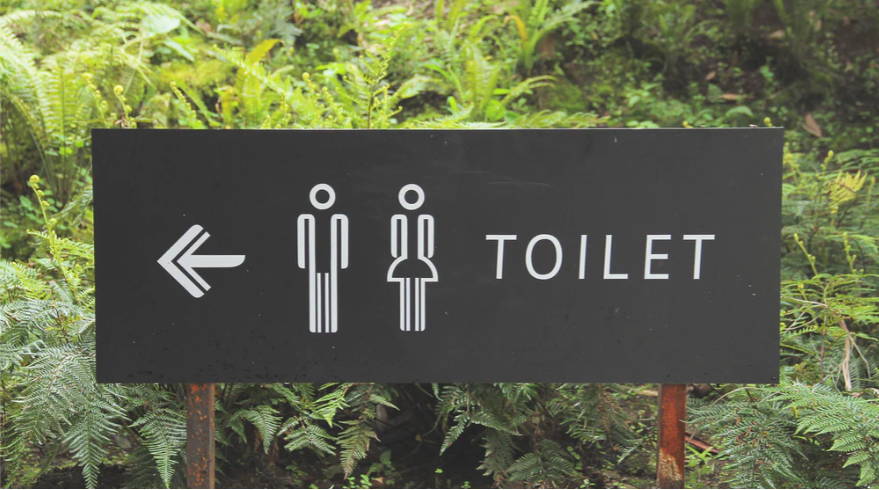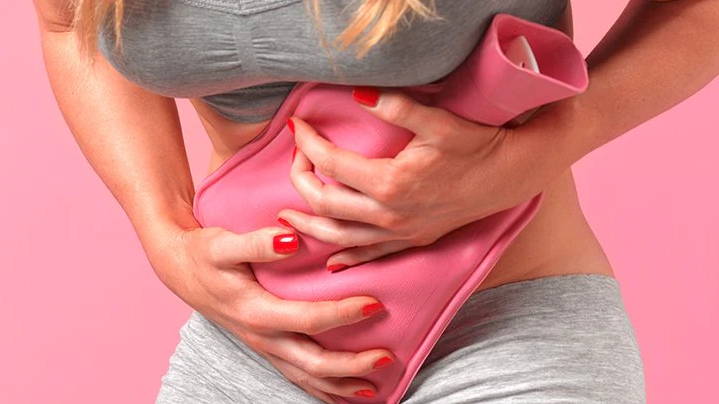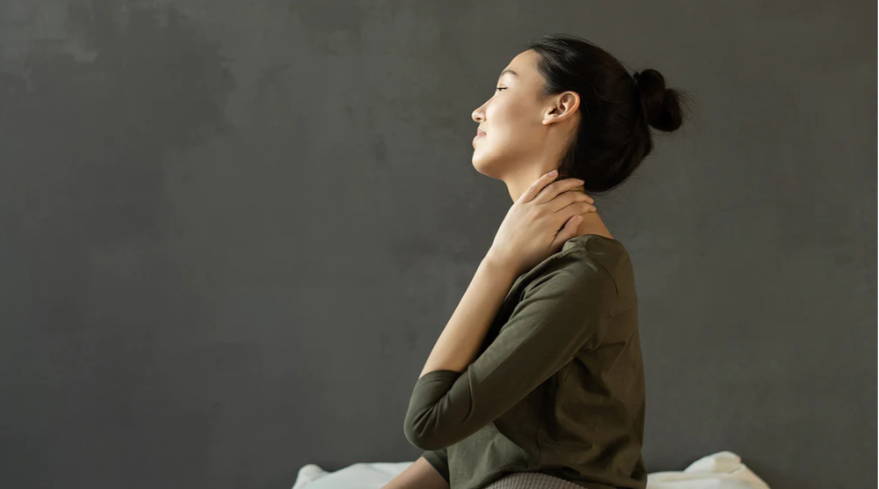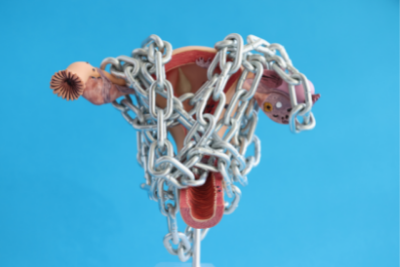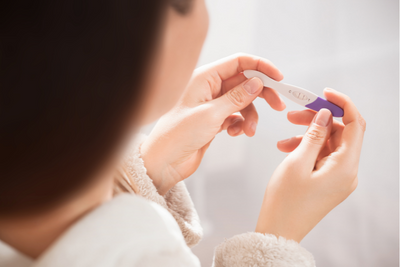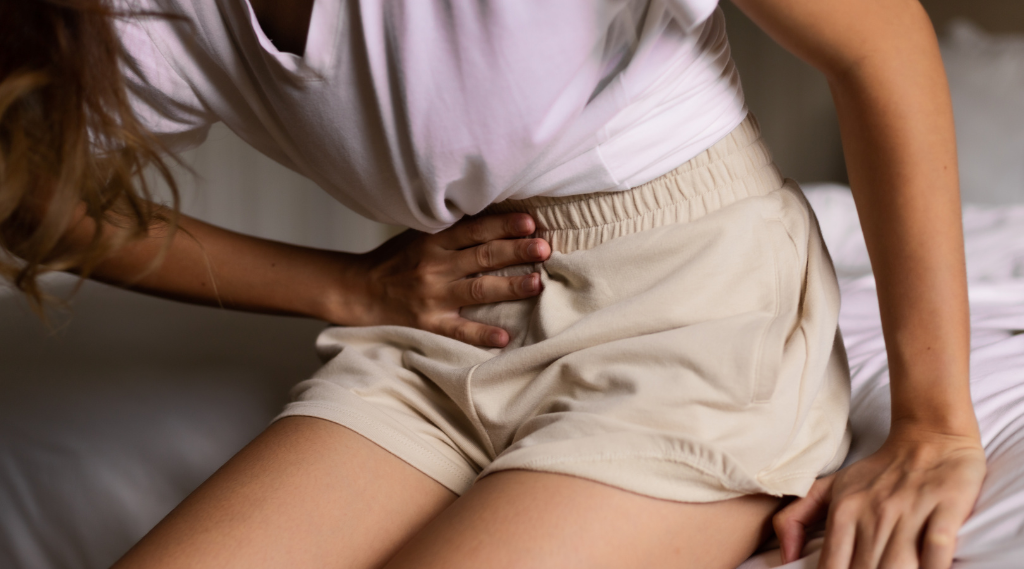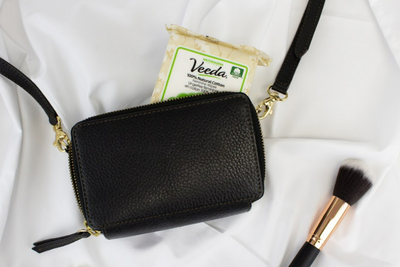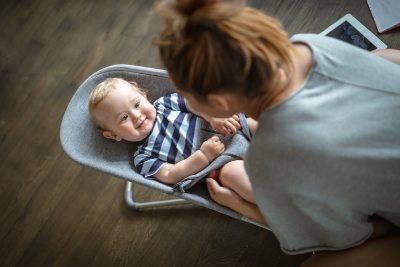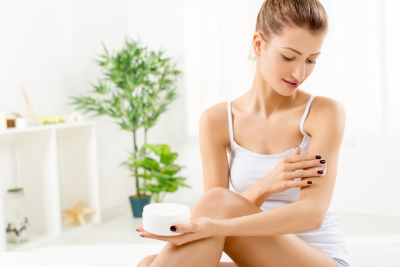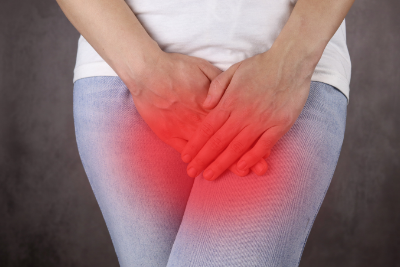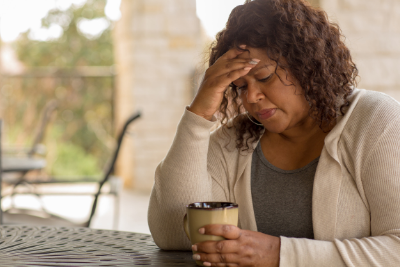It’s that time of the month AGAIN!
Some of us experience severe or moderate pain and the luckier ones get away with little to no cramps at all.
We thought we'd share some tips and tricks on how to help relieve period pain, including some natural menstrual cramp remedies!
What causes period pain?
Period pain occurs when muscles in the uterus contract or tighten causing throbbing or cramping pains in the lower abdomen, the feeling of heaviness in the pelvic area or even lower back pain.
What is ‘normal’ period pain?
Your period cramps are generally normal if the pain doesn’t affect how you go about your day. Your typical period pain should wear off after the first few days of your period and shouldn’t stop you from completing daily tasks. Pain that stops you doing everyday tasks, working or going to school is NOT normal and its time to have a chat to your GP.
Tips & tricks to help ease menstrual cramps:
Place a heat back on your lower abdomen area or back - Applying heat to these areas helps to relax the muscles, improve blood flow and relieve tension.
Hot water - Hot water is one of easiest ways to relax your body and release stress in your muscles. While a shower will help, a bath will do significantly more for you during your cycle. If you don't have time or a bathtub, you can use a hot water bottle instead. Fill the bottle with hot water, and rest it on your lower stomach while laying down. The warmth will ease pain and cramping. You can also place it on your lower back for relief in that area.
Relax and rest - Stress can make your period cramps worse, so it is important to rest and relax to lower your stress levels. Maybe run a warm bath, mediate, sit down and read or watch a movie.
Sleep - Don't underestimate the importance of sleep during your period, and don't push yourself too hard! Your body is working diligently and using up a lot of energy, so just be kind to yourself and be sure to get at least 8 hours a night.
Avoid caffeine and salty foods - Maintaining a healthy diet is good for your body and its overall performance. Consuming foods that are high in sugar, fats and salts can cause bloating and inflammation which can worsen menstrual cramps. Consuming caffeine can cause your blood vessels to narrow, constricting your uterus which also worsens menstrual cramps. If you’re craving either coffee or ‘bad’ foods, try opting for a decaf option, some fruit or unsalted nuts to relieve that craving.
Stay hydrated - In most cases, bloating can worsen menstrual cramps so staying hydrated can help reduce bloating and avoid worsening cramping pain
Exercise - Practice yoga, aerobic exercise, go for a walk or do a form of exercise that you enjoy. Exercise releases endorphins that make you feel good which can reduce pain and relax your muscles. Some light yoga stretches can help to release tension in your back. Yoga poses are beneficial during your cycle. Feel free to also just get on the mat and do what feels good for you, but avoid inversions.
Massage therapy - Who doesn’t love a massage? Massage therapy can help reduce stress and relax your muscles to ease pain
Castor oil - Because it is anti-inflammatory and promotes circulation, using castor oil topically during your period can be very effective at relieving cramps. Place a 1-2 teaspoons of oil on your bare stomach, and use your fingers to gently massage for 5-10 minutes.
Consider an off the shelf pain relief - When you begin to feel cramps that are uncomfortable or painful, taking pain relief such as ibuprofen can help soothe the pain. It is important to see your doctor if minor cramps worsen.
Consider taking additional supplements - Talk to your doctor about taking additional supplements such as: Fish Oil, magnesium, zinc, calcium, Vitamins B, E and D that may help reduce period pain.
Magnesium - Many of us are magnesium deficient because we don't get enough from the food in our diets. Even if you are not, magnesium can assist your body to relax deeply and release tension.
Ginger/ Turmeric - If you get nauseas during your period, make a cup of hot ginger tea. Simply grate a nub of fresh ginger into hot water and let it steep for 3-4 minutes. Then strain, and drink the warm water to ease your stomach. If you have access to fresh turmeric root, this can be incorporated too as it helps with inflammation.
Red Raspberry Leaf - This plant is derived from the leaves of a raspberry plant and usually consumed as a tea. It has a strong flavor, similar to black tea, but is naturally caffeine free. It also helps ease cramps.
Consider these tips a starting point or guide to taking control of your period pain and treating your body with kindness. If your period cramps seem severe or you don't get relief despite trying some of these options, check with your doctor to rule out more serious health issues.















